HISTORY
HISTORY
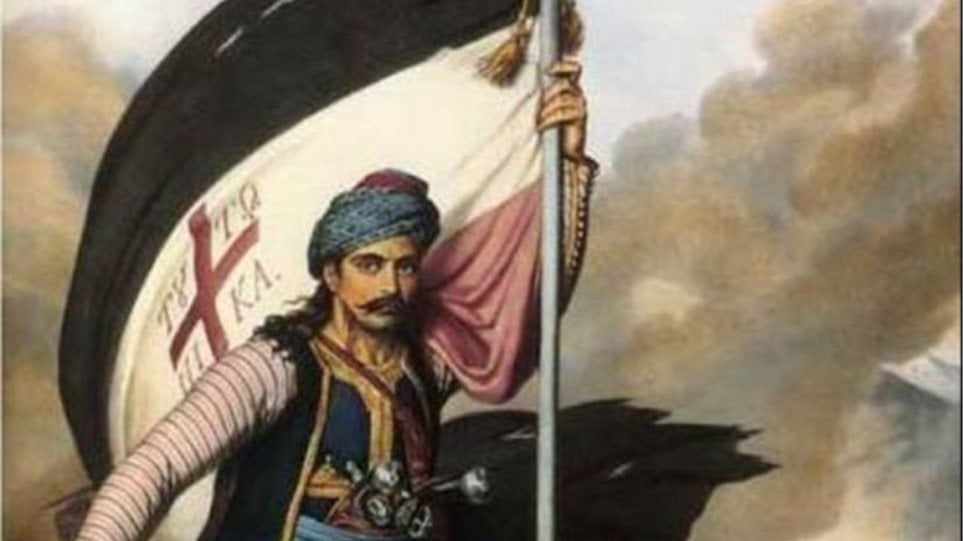
Born in 1782 in the village of Tourkoleka Megalopolis, son of the thief Stamatelos Tourkolekas and Sofia Karoutsou, sister of Theodoros Kolokotronis’ wife, Nikitas Stamatelopoulos, aged 11, joined the group of the thief Zacharias Barbitsiotis.
On October 18, 1818, while he was in Kalamata, he joined Friendly Society (Filiki Etaireia). With his uncle, Theodoros Kolokotronis, and Papaflessas, he contributed to the preparation of the National Uprising and on March 23, 1821, he reached Kalamata together with the other military leaders.
From the very beginning, he supported the strategic plan of Theodoros Kolokotronis for the occupation of Tripoli and took part in all the operations for the occupation of the administrative center of the Ottomans in the Peloponnese. He distinguished himself at the Battle of Valtetsi (May 12, 1821), while his contribution to the Battle of Doliana (May 18, 1821) was catalytic, when he showed his military virtues to the fullest. With a force of only 600 men, Stamatelopoulos defeated the army of Kâhya Mustafa Bey, which numbered 6,000 men, decimating him. After this feat, his comrades named him “Turk-Eater”.
Also read: 200 Years since the Greek Revolution | A historical timeline video
Specifically, late on May 17, 2,000 Turks-Albanians departed from Tripolitsa heading southeast, towards the village of Rizes. From there, a unit headed to Doliana, intending to invade Vervaina from the southeast. Two other divisions of the Turks-Albanians marched towards Dragouni and Vervaina. Their target was mainly the Greek camp of the inhabitants of Vervaina, whose dissolution was thought to pave the way to Argos, Mystras and Messinia.
Nikitas Stamatelopoulos, as foreseen by Kolokotronis’ plan, passed through Doliana and headed to Nafplio to besiege the Turks. He was in Agios Ioannis, near Astros, when the inhabitants of Doliana warned him about the movements of the Turks-Albanians and hurried to face the enemy.
Stamatelopoulos’s men amounted to 200 and together with those of the local chiefs Mitromaras Athanassiou, Ilias Konstantopoulos, Thodoros Terzakis and Costas Karzis, they did not exceed 600.
In the morning of May 18, Nikitaras took command of a military corps for the first time and managed to repel the Turks and rendered two Turkish cannons useless. In neighboring Vervaina, the Turks attacked the Greek camp, which put up excellent resistance and forced them to retreat in the afternoon.
They pursued the Turks, as far as Doliana, where they joined the men of Nikitaras. The enemy was in a difficult position and Mustafa Bey left the battlefield at night and returned to Tripoli.
Also read: March 30, 1822 | The destruction of Chios and the atrocities of the Ottomans – VIDEO
Nikitaras was on the front lines of the battles until the end of the Struggle, fighting either in the Peloponnese or in Eastern Central Greece, where he collaborated with Odysseus Androutsos and George Karaiskakis. He was also one of the few leaders who refused to participate in the distribution of loot.
He was also distinguished in the Battle of Agionori (July 26-28, 1822), which ended the army of Dramalis two days after the Battle of Dervanakia. Nikitaras’ patriotism emerged once again, when he offered his very expensive sword to the fundraising for the strengthening of Messolonghi.
After the Liberation of Greece, he sided with Governor Kapodistrias and became one of his closest associates. During Otto’s reign he suffered for being a supporter of the opposition Russian Party and was imprisoned in 1839 as the leader of a conspiratorial group, but at his trial (September 11, 1840) he was acquitted for lack of evidence. Nevertheless, his detention was extended which caused him serious health problems and he almost went blind. He was released on September 18, 1841 and released with his family in Piraeus.
After the uprising of September 3, 1843 he was awarded the rank of lieutenant general and received an honorary pension, which was the only income he had in his life. In 1847 he was appointed a member of the Senate and two years later, on September 25, 1849, he passed away at the age of 67.
Nikitaras had two daughters and a son, who pursued a military career. He left Memoirs, which he dictated to the national judge Georgios Tertsetis.
With information from: sansimera.gr
Also read: 1821-2020| Greek Independence Day 25th of March – History Timeline
NEWSLETTER SUBSCRIPTION
April 10, 1826 | The heroic Exodus of Messolonghi
Three years after the failed attempt of Kioutachis and Omer Vryonis to capture Messolonghi, the Sultan had a new plan.
Hellenic Army General Staff (HAGS) | Events for the 83rd Anniversary of the Battle of the Forts
On Sunday, April 7, 2024, the 83rd anniversary of the Battle of the Forts (April 6-9, 1941) was celebrated at “LISSE”, “RUPEL”,…
Serbia | 25 years since the NATO bombings
It has been 25 years since the start of the NATO air operation against the Federal Republic of Yugoslavia, which became known as Operation…
SIPRI | New record in global military spending
In 2023, global military spending set a new record for the ninth consecutive year, according to research by SIPRI, the Stockholm-based…
Iraq – Turkey | Sign more than 20 agreements
Turkish President, Recep Tayyip Erdogan, met with his Iraqi counterpart, Abdul Latif Rashid, in Baghdad on the occasion of his official…
Lambda (λ) Automata | Autonomous surveillance solutions at “Investing in Deep Tech: Dual-Use Technologies” conference
The recent presentation of the start-up company Lambda Automata at the “Investing in Deep Tech: Dual-Use Technologies” conference…
VELOS ROTORS | Velos V3 UAS introduced as ideal example of dual-use systems
The “Investing in Deep Tech: Dual-Use Technologies” conference held at the Hellenic Armed Forces Officers’ Club in…
OCCAR | Additional Night Vision Goggles
The Director of the Organisation for Joint Armament Cooperation (OCCAR), Mr. Joachim Sucker, has signed a third amendment to…
Iraq | Εxplosion at military base south of Baghdad
A major explosion at a command post of the Iraqi Army took place today Saturday about 50 kilometers south of Baghdad…







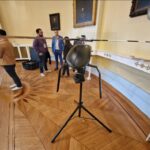


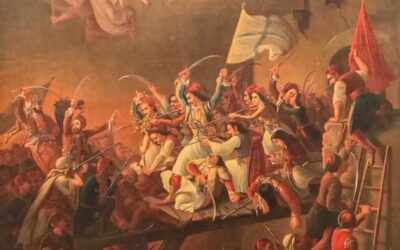
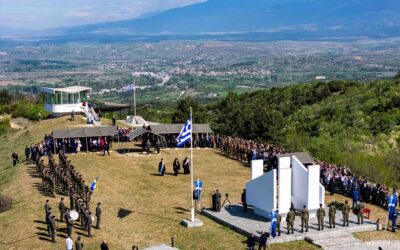
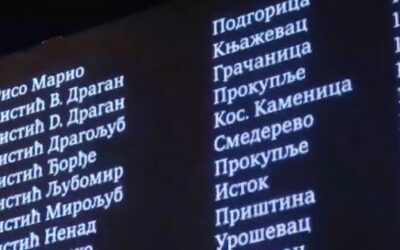

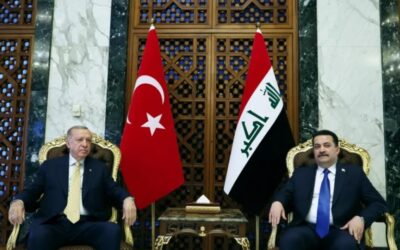
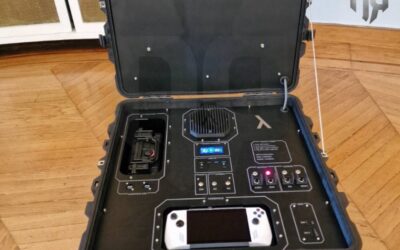
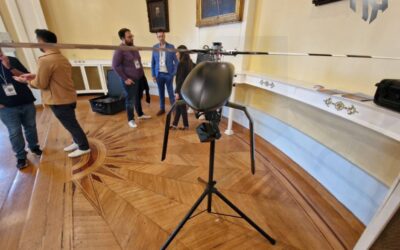
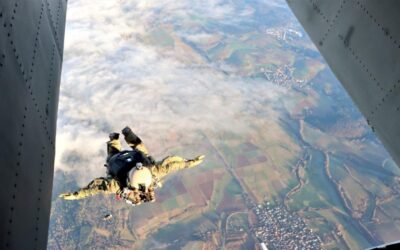

0 Comments